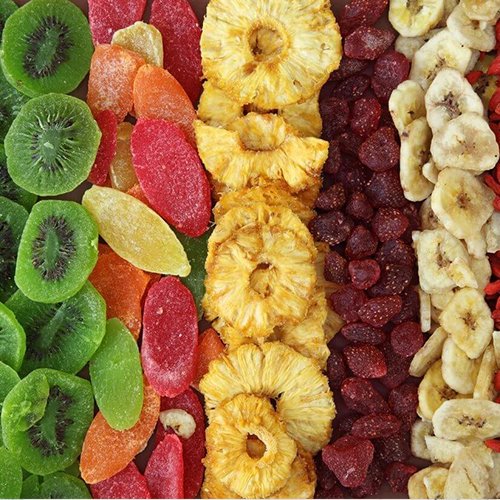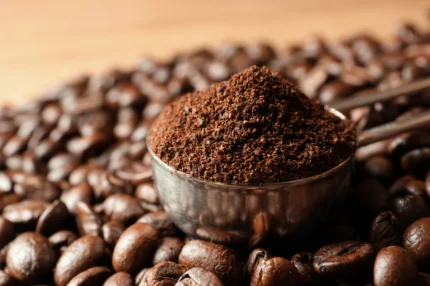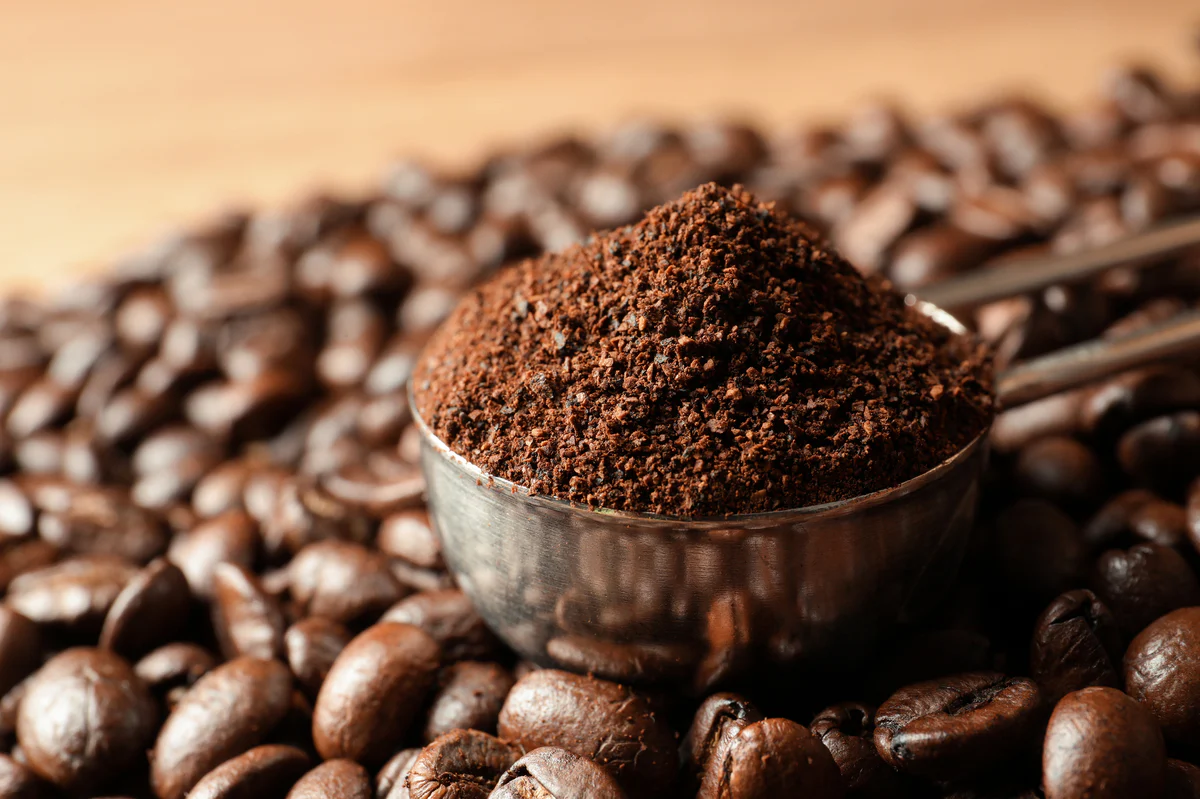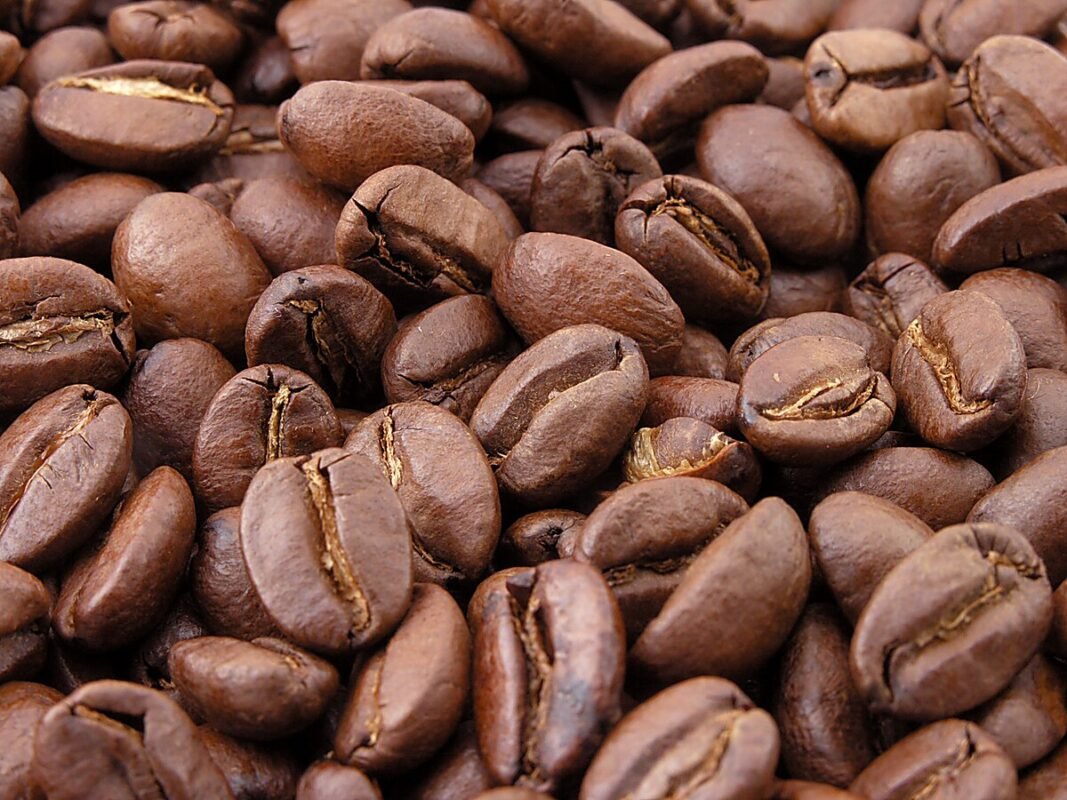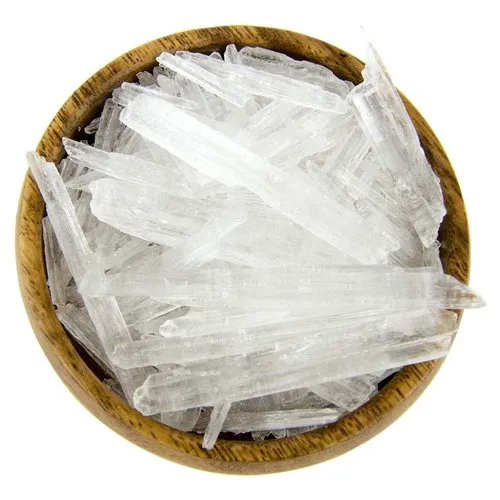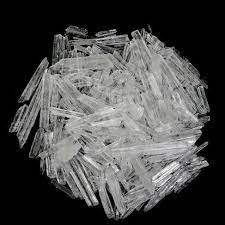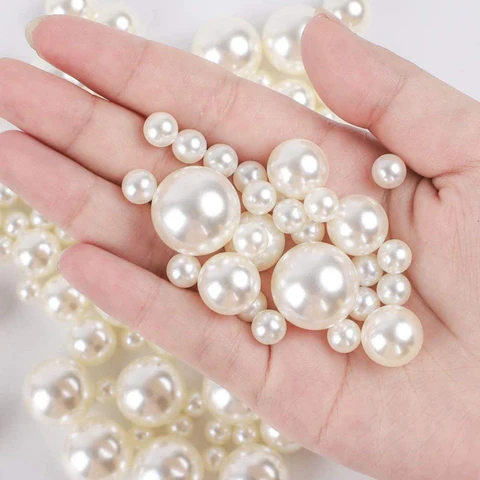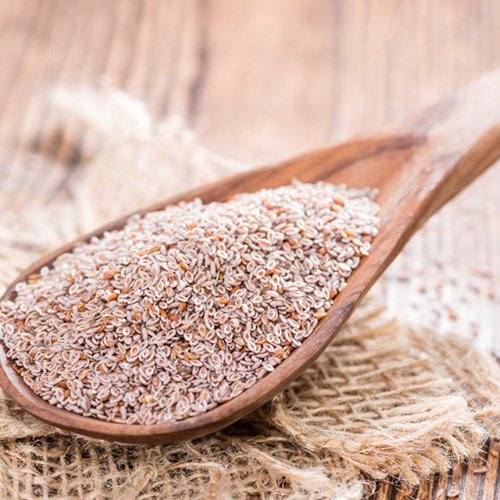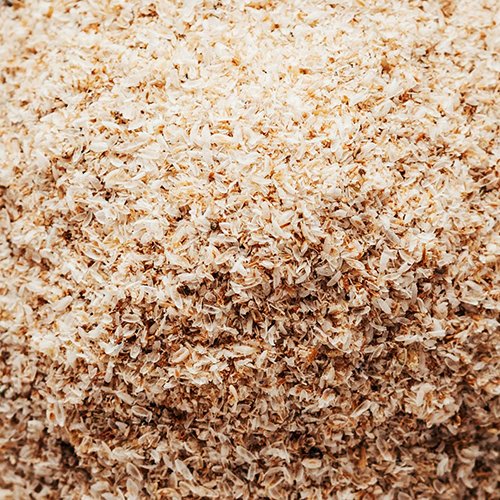Dried and Dehydrated Items
Dried and dehydrated items refer to food products that have undergone moisture removal processes to enhance shelf life, preserve nutrients, and maintain their natural flavors. These items are widely used in the food industry, households, and commercial applications for their convenience and long-term storage benefits.The global demand for dried and dehydrated products has significantly increased due to the rising preference for natural, chemical-free food options. Health-conscious consumers opt for dehydrated fruits and vegetables as a nutritious alternative to processed snacks, while industries use them in energy bars, herbal teas, and dietary supplements.
RELATED PRODUCTS
Coffee
Awaken your senses with the rich aroma and bold flavor of our Premium Roast Coffee. Carefully sourced from the finest coffee-growing regions, these handpicked beans are roasted to perfection to deliver a smooth, full-bodied brew with notes of chocolate, caramel, and a hint of spice.
Whether you prefer it black, brewed, or as your favorite latte, this coffee delivers an invigorating experience in every cup. Ideal for daily sipping or special occasions, it’s the perfect balance of taste, freshness, and aroma.
Menthol
Discover the cooling power of Pure Menthol Crystals, derived from 100% natural peppermint oil. Known for their refreshing aroma and intense cooling sensation, menthol crystals are widely used in pharmaceuticals, cosmetics, personal care, and aromatherapy.
These colorless, transparent crystals dissolve easily in alcohol and essential oils, making them ideal for formulating balms, ointments, lotions, shampoos, and vaporizers.
Key Features:
-
100% natural origin (extracted from peppermint oil)
-
Sharp, cooling menthol aroma
-
Colorless, crystalline form
-
Soluble in alcohol, oils, and essential oils
-
Highly concentrated and long-lasting

